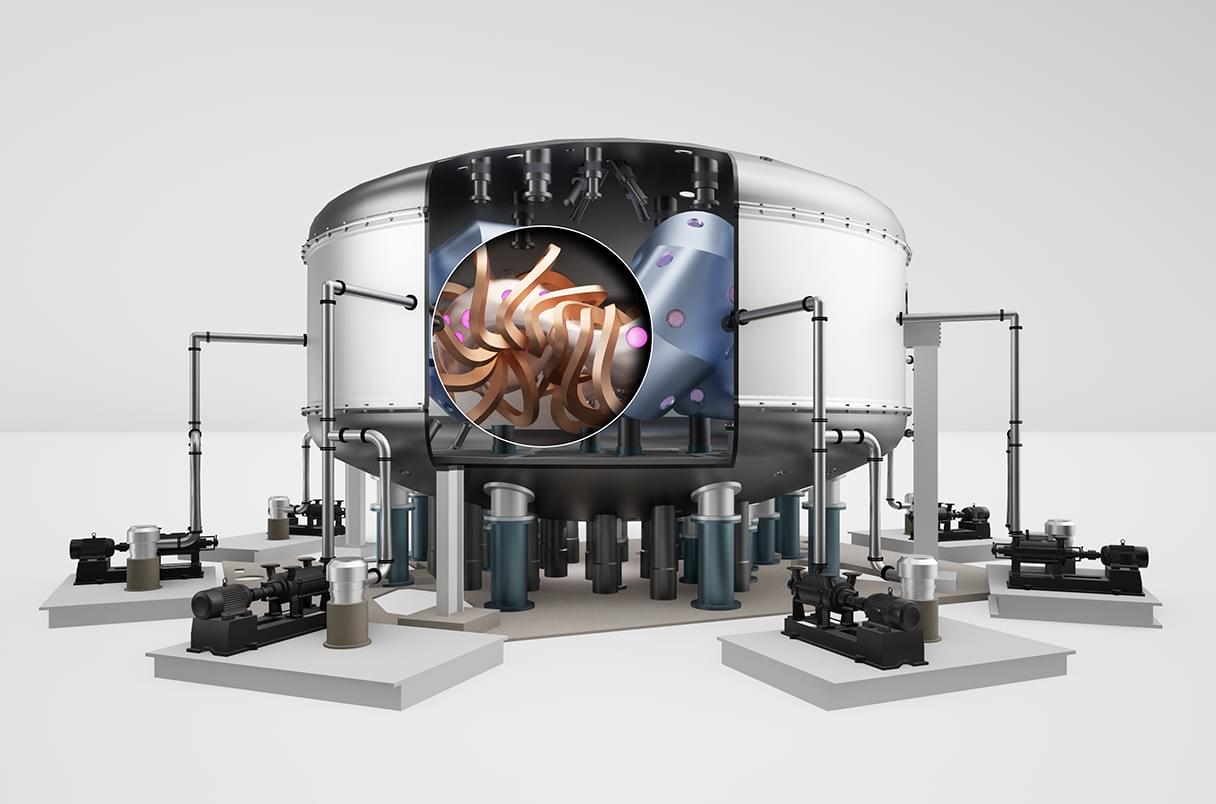Imagine a world where losing a tooth doesn’t mean living with dentures or undergoing expensive implants. It might sound like science fiction, but researchers in Japan are on the verge of making this dream a reality. A groundbreaking discovery suggests that humans possess a third set of teeth —dormant tooth buds that typically never develop.
This revolutionary finding could transform dental care as we know it. Scientists have identified a way to activate these dormant tooth buds through a newly developed medication. If successful, this treatment could enable people to regrow lost teeth, making dentures and implants a thing of the past.
Let’s dive into the science behind this discovery and explore how it might change the future of dentistry.







